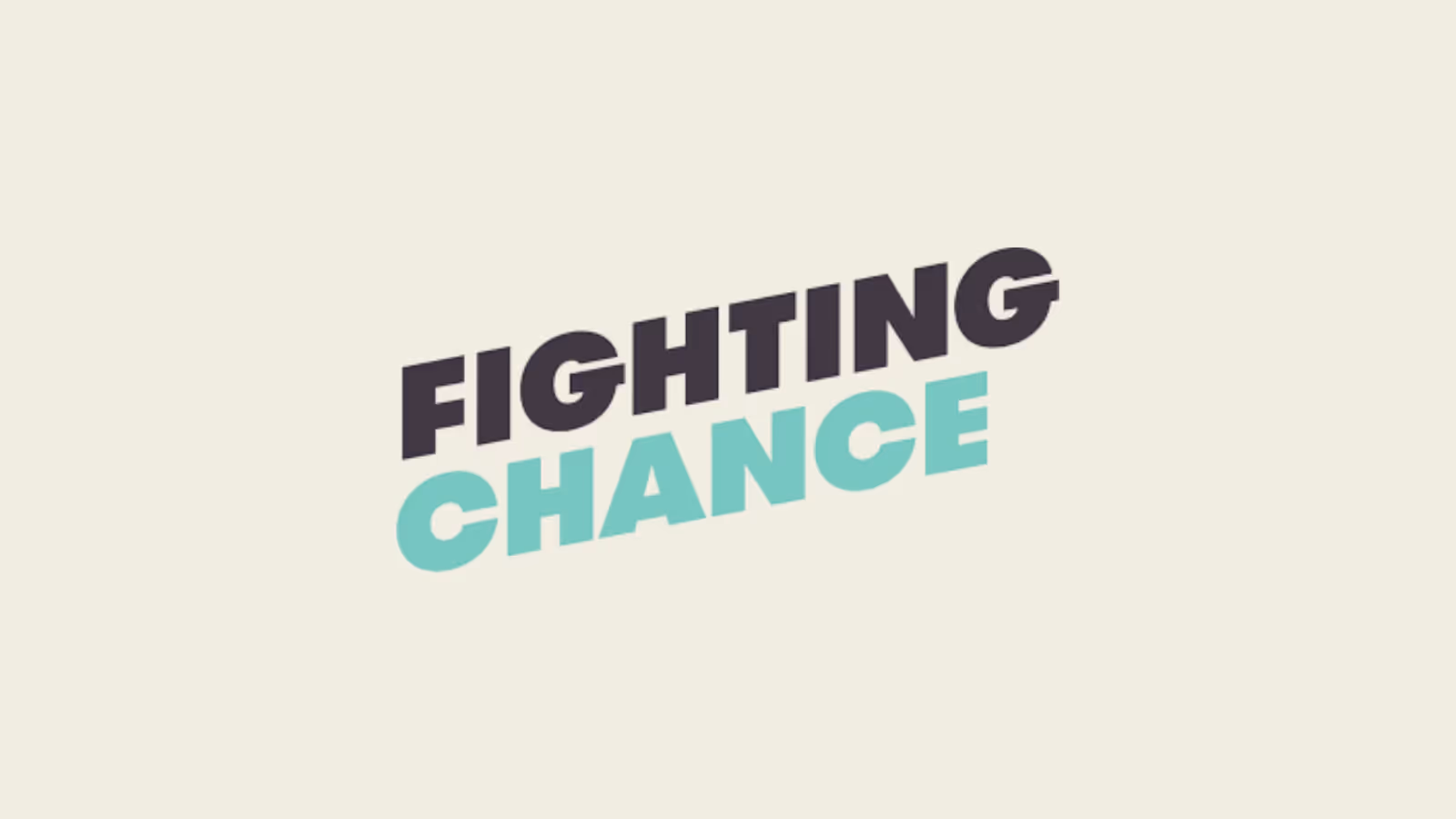Positive Duty Explained
Learn about the new positive duty requiring employers to prevent harassment.

Reports show that one in three Australian workers has experienced sexual harassment in the last five years, with most incidents unreported and ongoing. To tackle this, new legislation mandates a positive duty for employers to proactively prevent sexual harassment and discrimination. But what exactly does this mean for businesses across Australia?
In this article, we’ll explain what positive duty at work means, its importance, and how to implement it effectively, no matter the size of your business.
What Is Positive Duty At Work?
In the workplace context, a positive duty refers to the proactive legal obligation of employers to implement measures that prevent discrimination, sexual harassment, and exposure to hostile working environments.
This approach contrasts with reactive measures that address issues after they have occurred, instead positive duty requires organisations to take pre-emptive actions to ensure the physical and psychological safety of their workers.
What does this mean practically for employers?
The positive duty entails implementing reasonably practicable measures to eliminate and prevent unlawful behaviour from occurring in a work context. This includes creating policies, conducting training, and creating a safety first culture that mitigates risks of harm.
Similar to occupational health and safety laws that safeguard physical wellbeing in the workplace, the positive duty focuses on ensuring a safe workplace free from harassment as integral components of workplace health.
See how you can take proactive steps to creating a safe work culture with our EAP for small business.
Recent Legislation Changes
The positive duty legislation in Australia was enacted in December 2022 following the findings and recommendations of the Jenkins Review and Respect@Work Report.
Under the Sex discrimination Act 1984 failure to comply with these obligations can result in legal consequences, including fines and sanctions, and may damage an organisation’s reputation.
The legislation provides a clear framework and timeline for implementation, setting specific compliance requirements to ensure workplaces nationwide adhere to these new standards of workplace conduct and safety and is applied by the Australian Human rights commission.
How To Implement Positive Duty
Developing Policies and Procedures
Developing comprehensive anti-discrimination and sexual harassment policies is essential for organisations aiming to comply with the positive duty legislation. These policies should outline clear guidelines on appropriate workplace behaviour, consequences for violations, and procedures for reporting incidents. Accessibility and effective communication of these policies to all employees both new and ongoing is necessary for continued compliance.
Conducting Training and Education
Regular training for this type of psychosocial hazard is vital for equipping employees with the knowledge and skills to recognise, prevent, and appropriately respond to instances of harassment and discrimination. Training initiatives should emphasise fostering a culture of respect, diversity, and inclusion throughout the organisation.
Risk Management
Identifying and mitigating psychosocial hazards, including those related to harassment and discrimination, is a proactive approach to ensuring workplace safety.
Conducting regular risk assessments allows organisations to identify potential issues and implement measures to prevent harm. Proactive issue-resolution strategies help address underlying causes and create a healthier workplace environment for all employees.
Reporting Mechanisms
Establishing clear and confidential reporting channels is critical for encouraging employees to report incidents of harassment or discrimination without fear of retaliation. These mechanisms are essential for ensuring timely intervention and resolution of reported issues.
Anonymous reporting is typically one of the primary features of a good EAP.
Monitoring and Reviewing Policies
Continuous monitoring of policy effectiveness is essential to assess their impact on workplace culture and employee behaviour. Regular reviews allow organisations to identify areas for improvement and make necessary updates to policies and procedures.
Legal and Financial Advantages
Compliance with positive duty regulations helps organisations minimise the risk of legal action and associated financial costs. By implementing proactive measures to prevent discrimination, harassment, and victimisation, organisations mitigate potential legal liabilities.
This includes avoiding costly insurance fees and damage to reputation that may arise from non-compliance with anti-discrimination laws. Investing in a proactive approach to workplace equality not only safeguards against legal risks but also supports long-term financial stability and growth.
As compensation claims related to mental health rise, as well as those involving other psychosocial hazards, implementing positive duty at work is likely to become a significant priority for businesses of all sizes.
Summing Up
In conclusion, embracing positive duty in the workplace not only ensures legal compliance but also creates a culture where respect, safety, and inclusivity are valued. As our workplaces continue to evolve, prioritising positive duty remains pivotal in shaping workplaces that are equitable, supportive, and conducive to worker psychosocial health and safety.
How Foremind Can Help You Manage Positive Duty Responsibilities
Foremind offers comprehensive Employee Assistance Program (EAP) services aimed at supporting employees and fostering a mentally healthy workplace environment. Accessible to all staff, Foremind’s EAP provides confidential counselling services delivered by experienced counsellors. Foremind’s custom-built psychosocial safety system provides opportunities for reporting, risk management and monitoring of preventative work safety actions.
Related
- EAP For Construction Businesses
- How Much Do EAPs Cost?
- Employee Counselling
- How To Respond To A Critical Incident

Hello 👋 I’m Joel the founder of Foremind.
Are you ready for simplified support & compliance?
Latest insights
Answers to the frequently asked questions.
Email us at enquiries@foremind.com.au and we'll get back to you quickly with a response
Yes, we have culturally competent counsellors available, including those able to work with first nation and CALD employees.
Onshore on secure AWS Servers in Sydney Australia. All data is encrypted in transit and at rest and our entire team is located in Australia.
Employees can access our platform on any device (mobile, laptop, desktop, etc.) as long you have the website link - no need to download any app on devices. You wouldn’t need to enrol any of your staff individually.- When we do our onboarding, we ask for the first name, last name and email of all your employees, and send out an email invite to all them which will allow them to create their own individual account to access the platform. For new staff we can also invite them or provide you with a unique link to embed in your onboarding process, whichever is more convenient for you. We also kick things off with a launch webinar or video to make sure everyone is aware of Foremind and how to use it. We’ll also provide you with any collateral such as posters, QR codes, brochures etc. to help drive awareness and encourage people to create an account in the platform.
The support line is answered by our reception service 24/7. It is for urgent platform or session-related issues only (e.g. *“My counsellor didn’t show”*) or helping staff create an account.






